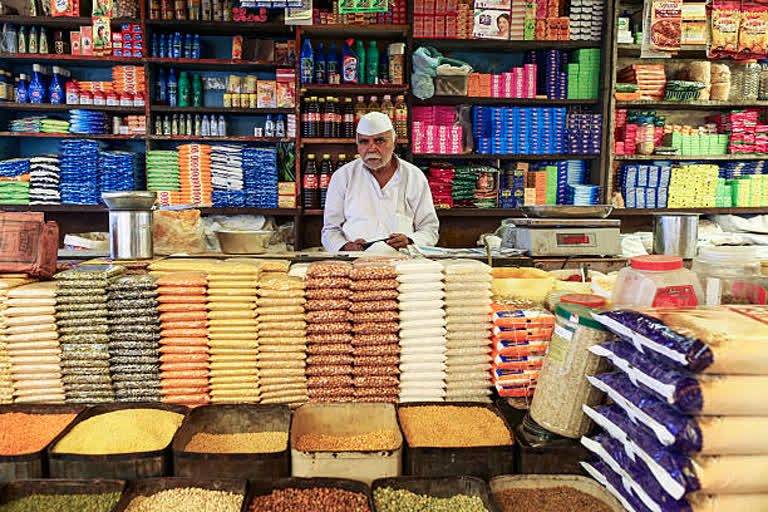Hyderabad: India’s kirana shops, which have struggled in recent years after the rising penetration of organized retail sector in the country, are now being befriended by the very ones who once threatened their chances of existence.
Big e-retailers and e-commerce players like Amazon, Reliance, Walmart, Big Basket, Grofers, DMart among others, seem busy wooing the small mom-and-pop stores for the next wave of business expansion by leveraging the key strengths of these local shops – deep penetration in Tier-II and Tier-III cities and the last-mile delivery advantage.
The entry of JioMart is especially being seen as a game-changer as Reliance is reportedly looking to get 5 million kirana shops by 2023 on board through its mobile point-of-sale (MPoS) system.
However, kirana stores are taking their own time to warm up to the big boys of the retail sector despite being lured by value propositions like stronger business growth, better margins, inventory management and even help with GST (goods and services tax) compliance.
A recent report by retail consulting firm Redseer Consulting published in a leading daily said that of the 13 million kirana stores in the country, only 3.5 million are using some form of technology platform, which too was deeply underpenetrated.
Why the reluctance?
To understand the reason behind the reluctance shown by local mom-and-pop stores in embracing technology, one has to first understand how a traditional kirana store works. These shops are usually family-run shops, mostly managed by a single person.
Their main cost is inventory, which they source from different distributors and wholesalers. Distributors usually know the ordering trend of the shops they are catering to and fulfil their inventory needs accordingly, while also managing returns of defective or expired products.
Read more:U, V, W, L, Z or swoosh? Various shapes of economic recovery explained
Now, companies like Reliance and Walmart are trying to convince these neighbourhood shops to install their MPoS devices. Reliance, for instance, is offering an MPoS device to kirana stores at a one-time deposit of Rs 3,000. The shops can use these machines for scanning barcodes, billing and swiping credit and debit cards while selling to customers.
The condition is that the shops would now source their inventory from Reliance’s retail arm – Reliance Retail. The shop owners can place bulk orders online with Reliance Retail via the same MPoS device, which will also help in generating GST-compliant bills.
A research report by Motilal Oswal dated 15 January 2020 said: “A few kirana owners were apprehensive of ordering (inventory) online from a long-term business viability point of view. They believe that ordering online will lead to the distributor getting out of business eventually, which would in turn make the kiranas vulnerable to the big online players.”
It added: “The kirana store economics work on credit with distributors (they offer credit ranging from 7-30 days). Online ordering model, on the other hand, is cash and carry, making it unattractive for the kirana shop.”
Besides that, most of the kirana shops face some more evident hurdles of manpower crunch and lack of knowledge to handle apps and devices. Some retail experts also believe that the biggest deterrent for Kiranas in embracing PoS devices is the ‘transparency’ these devices bring to their sales number.
The Motilal Oswal report also highlighted that kiranas shops have since long done business ‘opaquely’ and they fear making their business dealings transparent, which will require them to declare their income and pay taxes.
However, Praveen Khandelwal, national secretary general of Confederation of All India Traders (CAIT), an industry body that represents 60 million traders and 40,000 trade associations, disagrees.
“It’s not transparency, but the bank charges levied on digital transactions which is a major roadblock. Banks are charging up to 2% on credit cards and up to 1% on debit cards. Since traders are operating on very thin margins, they can’t afford to bear bank charges nor the customer wants to pay any additional fee” he said.
(ETV Bharat Report)
